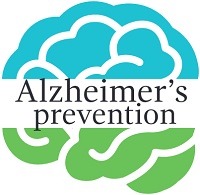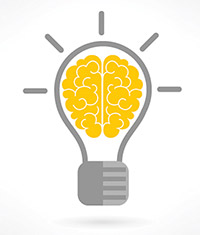Dr. Allen Ross, a senior executive of the largest pharmaceutical company in Britain and an academic geneticist from Duke University in North Carolina, states that some of the most expensive medication only worked in 50% of the patients for which they are prescribed. He spoke at a recent scientific meeting in London where he cited figures on how well different classes of drugs work in real patients. “The vast majority of drugs – more than 90 per cent – only work in 30 or 50 per cent of the people,” Dr Roses said. “I wouldn’t say that most drugs don’t work. I would say that most drugs work in 30 to 50 per cent of people.
Drugs out there on the market work, but they don’t work in everybody.” Here are some of the response rates of certain medication classes for specific medical disorders; Alzheimer’s medications: effective in 30% of patients, analgesics (Cox-2, Vioxx, Celebrex): 80 % effective, asthma medications: 60% effective, anti-depressants (SSRI): 62% effective, medications for Diabetes: 57% effective, Hepatitis C (HCV) medications: 47% effective, medications for incontinence: 40% effective, migraine medications (acute): 52% effective, migraine medications (prophylaxis): 50% effective, cancer or oncology medications: 25% effective, Rheumatoid arthritis medications: 50% effective, and medications for Schizophrenia: 60% effective.
So talk with your health care provider if you are taking any of these and other prescriptions, because your medications may not be helping you! (Times of London, December 8, 2005)



